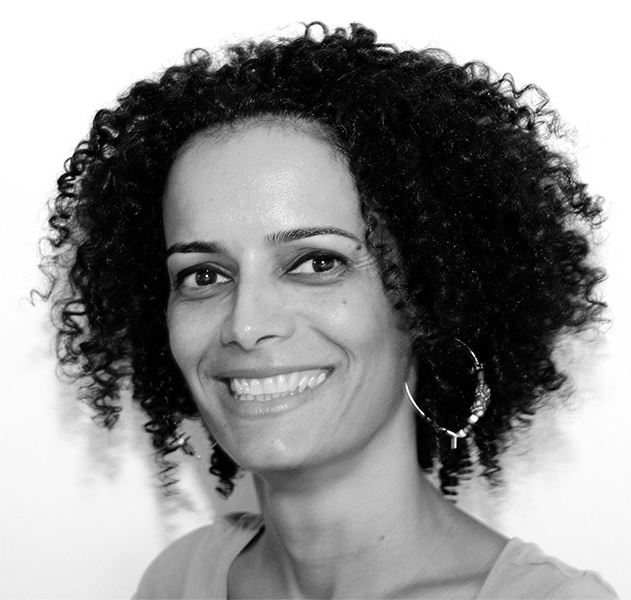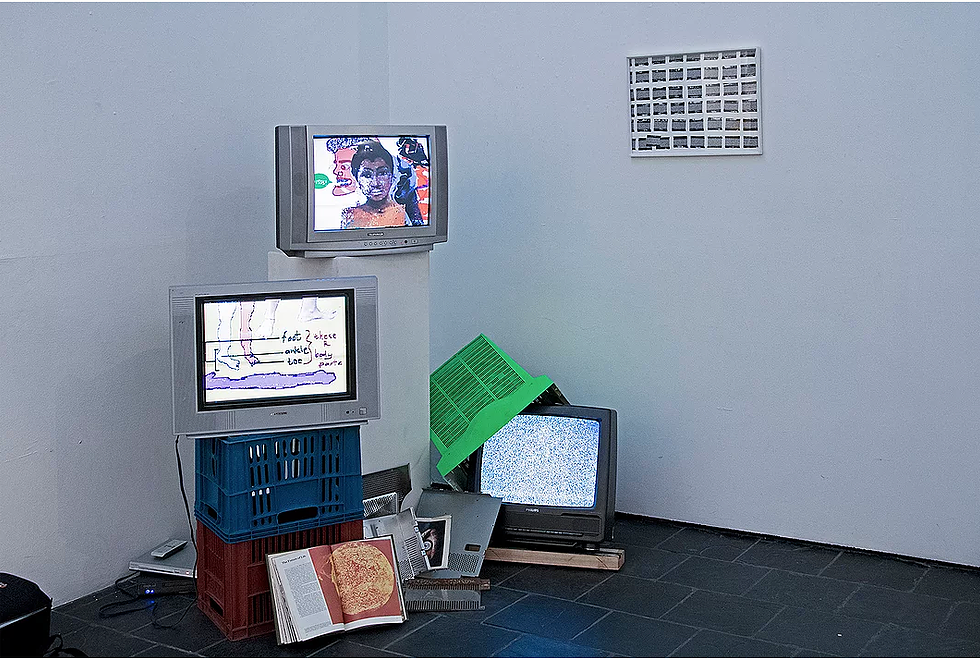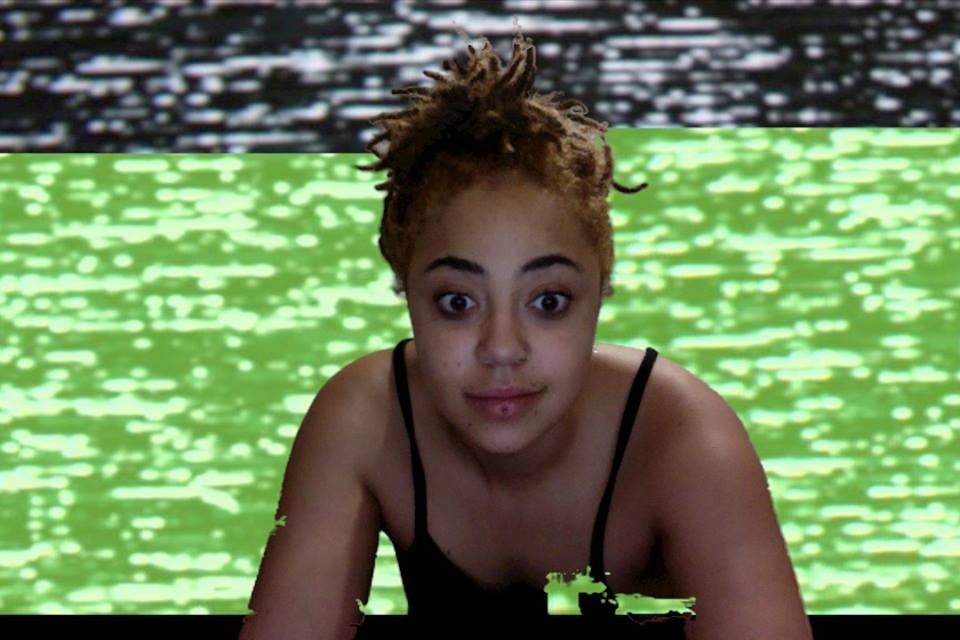Born on a ship on the way to São Tomé and Príncipe, Patti Anahory lived there for 7 years before being raised in Cabo Verde. She ventured off to the US to do her undergraduate and graduate degrees in architecture. Throughout her studies Anahory maintained a desire to locate her work and sites of inquiry in and about Africa. This was initially a challenge as her formal architecture education offered little flexibility with regards to the content that could be explored as a student. At the end of her undergraduate education at the Boston Architecture College she won a travelling scholarship that allowed her to spend a month in South Africa. She later went to Princeton University to complete her graduate studies and Anahory began to direct her academic pursuits towards the continent. Her thesis project focused on Dakar, Senegal.
This required Anahory to present loaded justifications to demonstrate why African cities should be viewed as legitimate sites for research within architectural academic programs. Her persistence continued to motivate her until she was awarded the prestigious Rotch Traveling Scholarship in 2000 through a two-stage architecture design competition. From this she was able to visit cities in East and West Africa. This was a significant moment for her, as she was still on the search for thematics that were able to unpack social, cultural and geo-political understandings of African cities. It also presented her with the opportunity to affirm that African cities are legitimate sites of inquiry. Anahory explains the significance of this by stating that around 2000 there were only a few architects engaging with African cities from this vantage point, or at least few getting recognized for doing so. “So you start to see your work as a political act because it was so out of the mainstream ways of looking into architecture, and modes of knowledge production about architecture,” she explains.
Reflecting on the attitudes of the scholarship committee for the competition Anahory shares that, “they just could not understand the production of space and architectural critical thinking as a contemporary issue in Africa.” Her choice to explore East and West African countries allowed for a moment of rupture from her formal architectural education which did not place any emphasis on the contemporary conditions of the African city. After over a year of travelling she had to return to New York and worked as a freelance architect. A few years later her home country called her back.
She was offered the opportunity to help setup a multidisciplinary research centre at Cabo Verde’s first public university. This presented an exciting challenge to setup an agenda for the relevant issues relating to the Cabo Verde built environment. This was a joint effort with her colleague Andreia Moassab at the centre with whom she shared similar interests in postcolonial studies, decolonising knowledge within the field of architecture as well as an exploration of how to think about development strategies and appropriate paradigms.
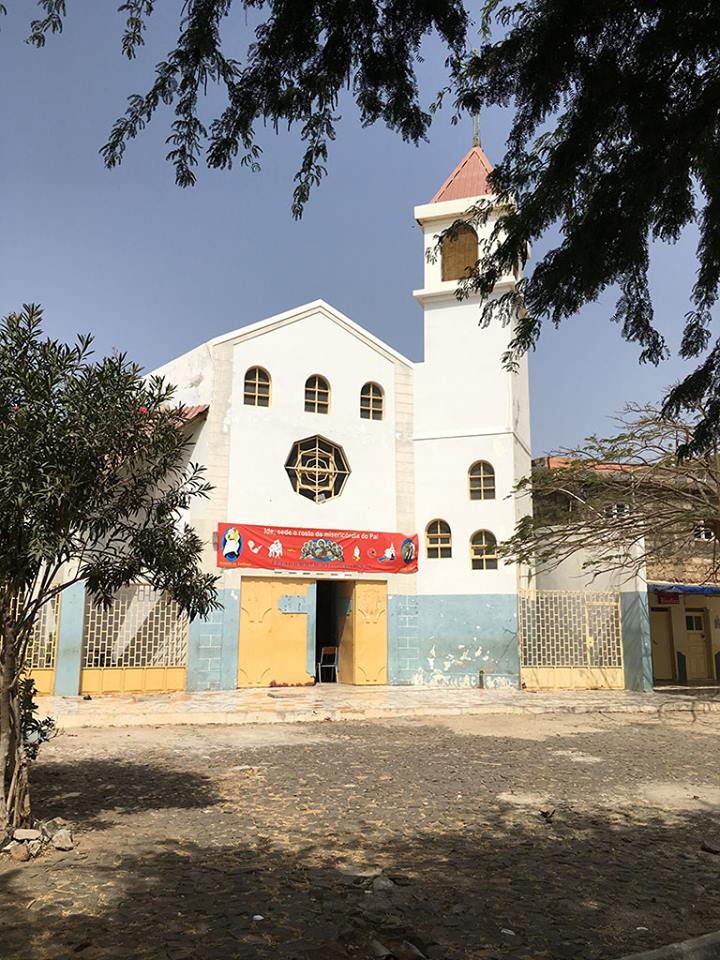
While serving as director at the research centre, Anahory co-founded an art collective called XU:Collective with Andreia, who was research coordinator, and Salif Diallo Silva, who was responsible for the research group on design and territory. “We decided we want to create a parallel practice that would allow us more freedom and a different language from scientific research and academic institutionalized setting, to speak about things such as environmental and social justice. Things we were addressing at the university but in a different way. In many ways the university and the collective informed each other,” she explains. An artistic language also allowed a different way to engage with society and to reach a larger public.
When responding to my question about her views on architecture, urban planning and development on the continent, she expressed that rethinking new paradigms on all levels is important. This also involves how we can contribute more to cities and more sustainable development. “We also need to think and speculate about what future we want, and what kind of theoretical basis we want to produce. There are those of us carefully thinking about what kind of practice we want. Architecture is not only about producing buildings and objects, but also about critically thinking about our contemporary moment,” she explains.
Due to this Anahory, like many others, has to take on multiple roles to tackle the double burden of contributing to an intellectual discourse while presenting a shift in what is seen as knowledge and how it is produced. “You have to be acting in so many realms in order to feel like you are making a change or contributing towards something,” she expresses.
Working on curating her independent practice, Anahory continues to invest in urban activism and advocacy. “I can only try to contribute to a more just city. And our cities and our models for development are very much imported from outside an in a neoliberal logic.” This is done through projects with young urban activists, specifically in neighbourhoods that have been neglected in terms of physical and social infrastructure.
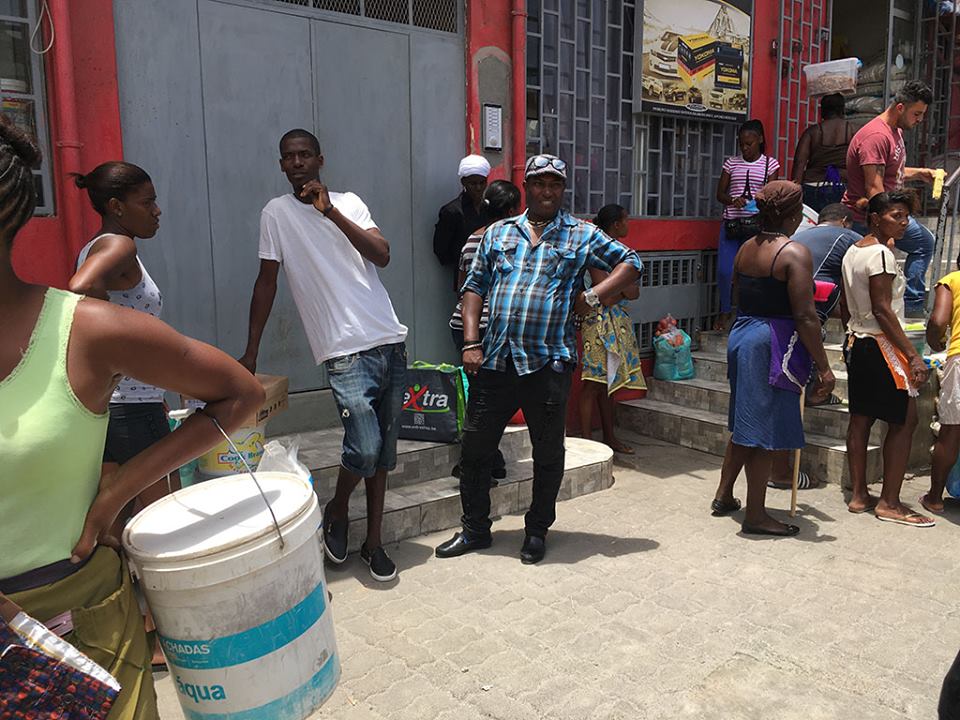
Considering that African Mobilities is a platform that offers multiple avenues for contemplating city-ness and all its associates (identity, culture, physical and social infrastructure, etc.), the inclusion of Anahory in the Praia Exchange made sense considering her experience in having to justify the exploration of contemporary Africa outside of the framework set out by western epistemological agendas.
From the get go the participants bonded over questioning the terminology of “Lusophone” Africa, (as with “Francophone” and “Anglophone”) and the imaginaries they invoke. Anahory, speaking from an island perspective, and highlighting the ambiguous relationship Cabo Verde has with the rest of the continent, was able to present how our collective imaginaries from these labels craft our identities and place us closer or further apart. Drawing on the parallels between Luanda and Praia, cross-disciplinary investigations and conversations opened up new questions and debates.
Anahory will be coming to South Africa again this year as a visiting research fellow at University of Johannesburg. Perhaps the Praia Exchange has offered a point of departure for the time she will spend here.
